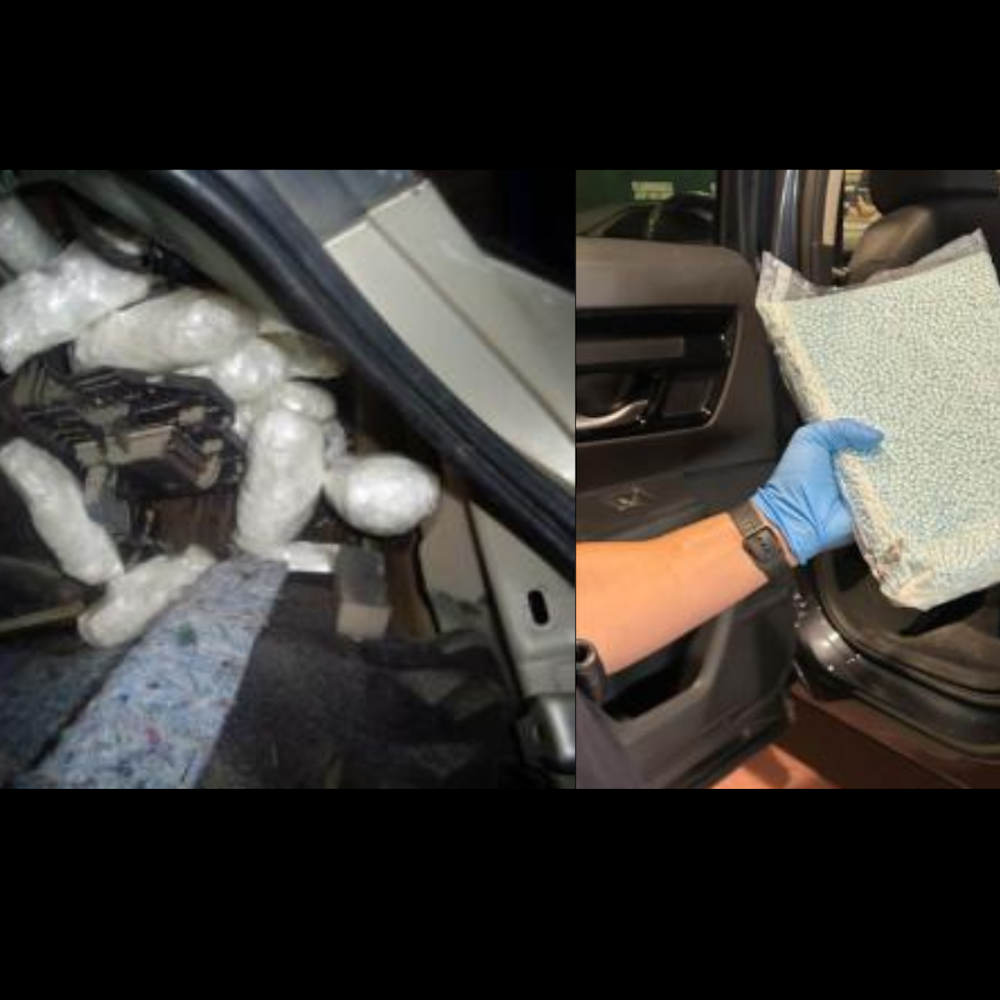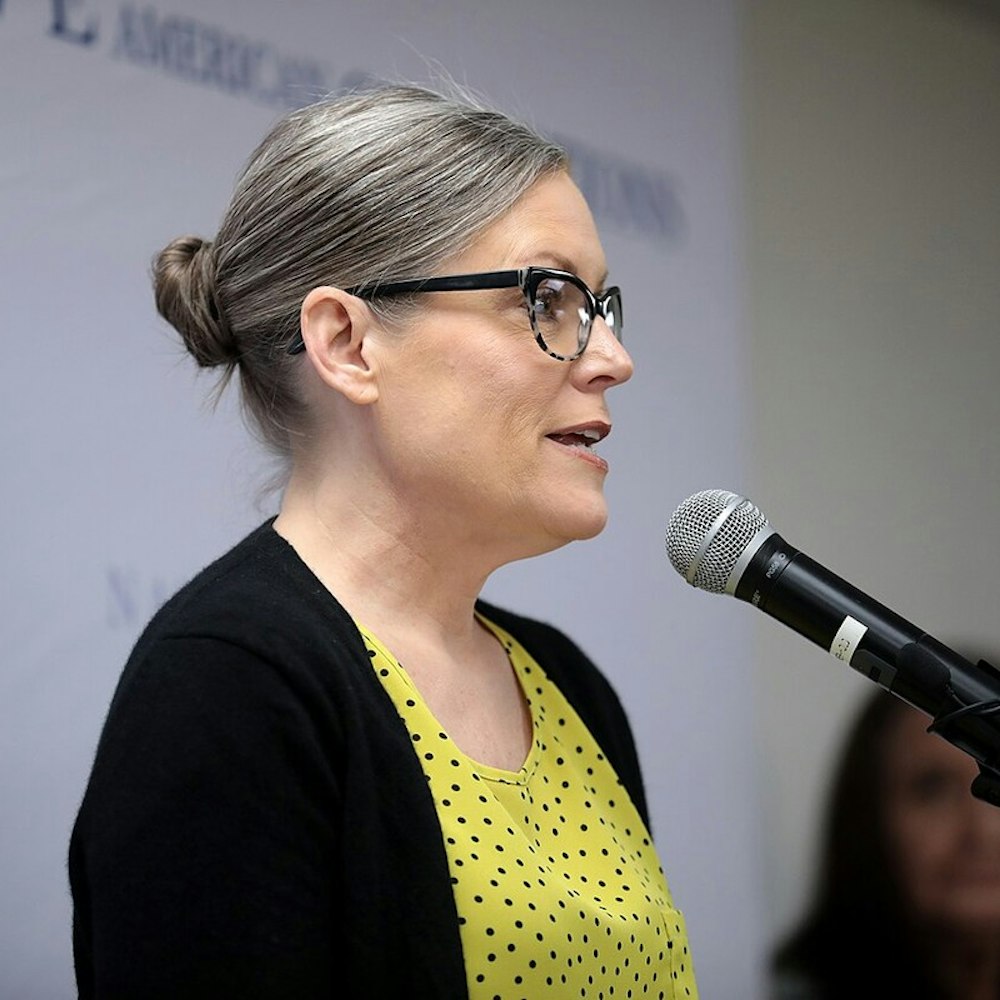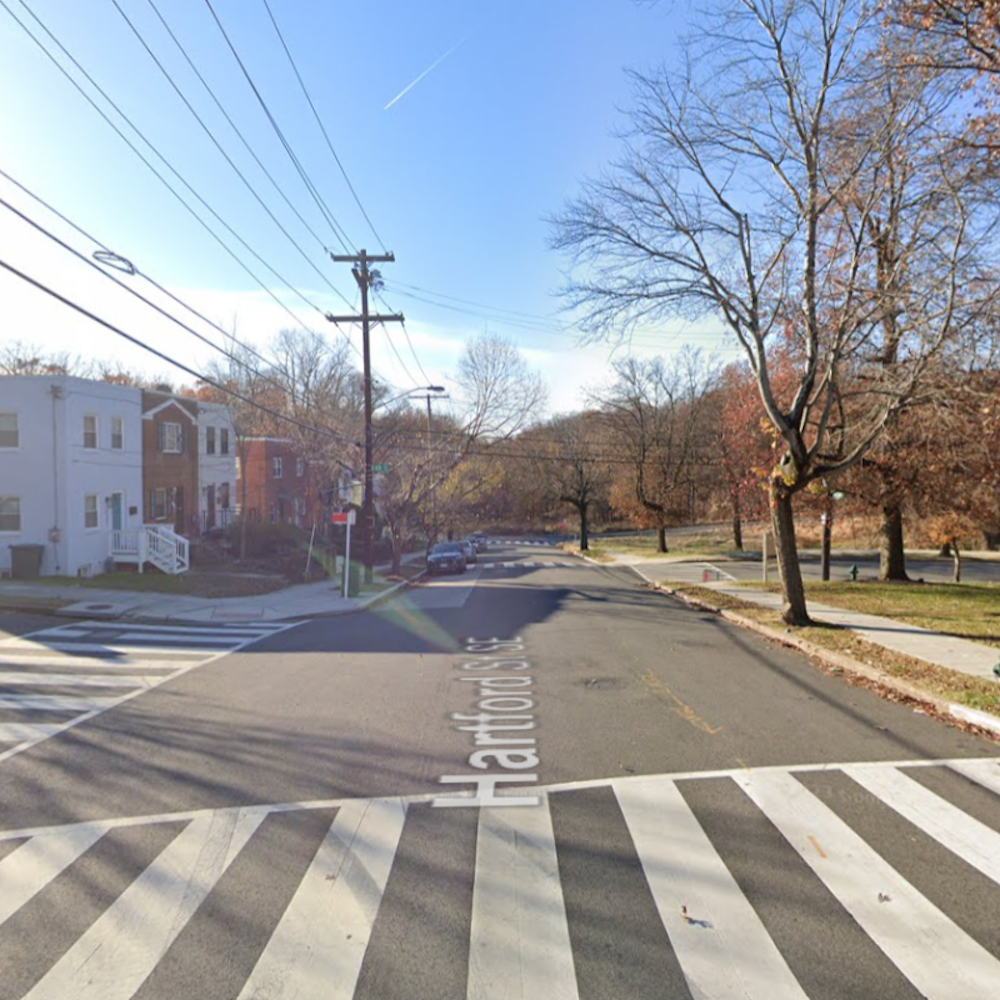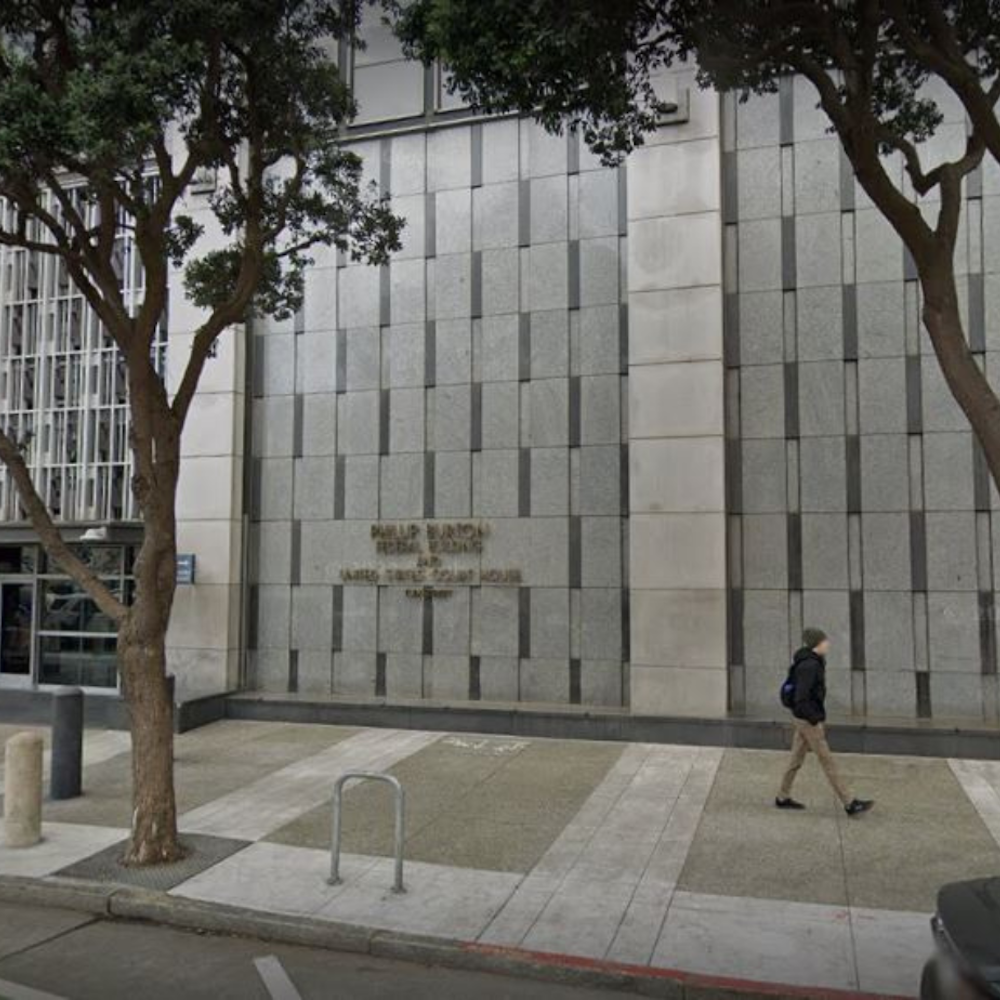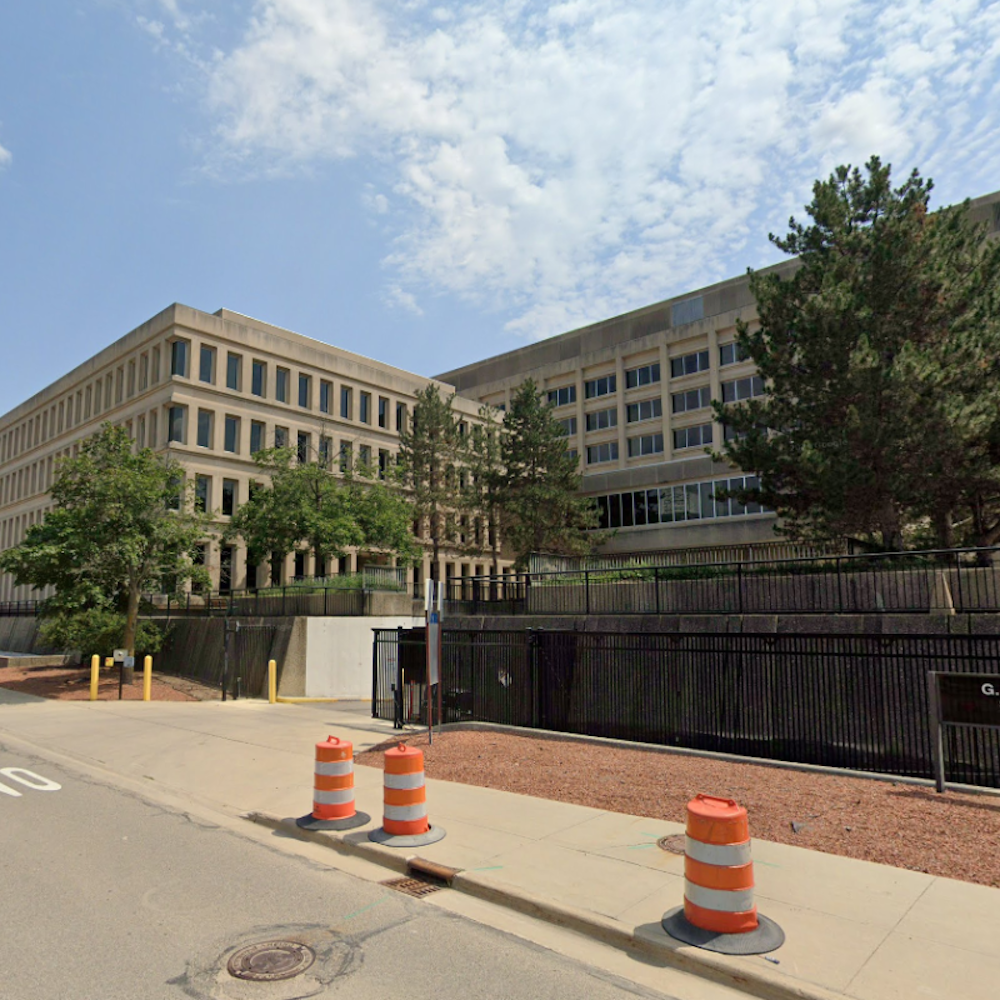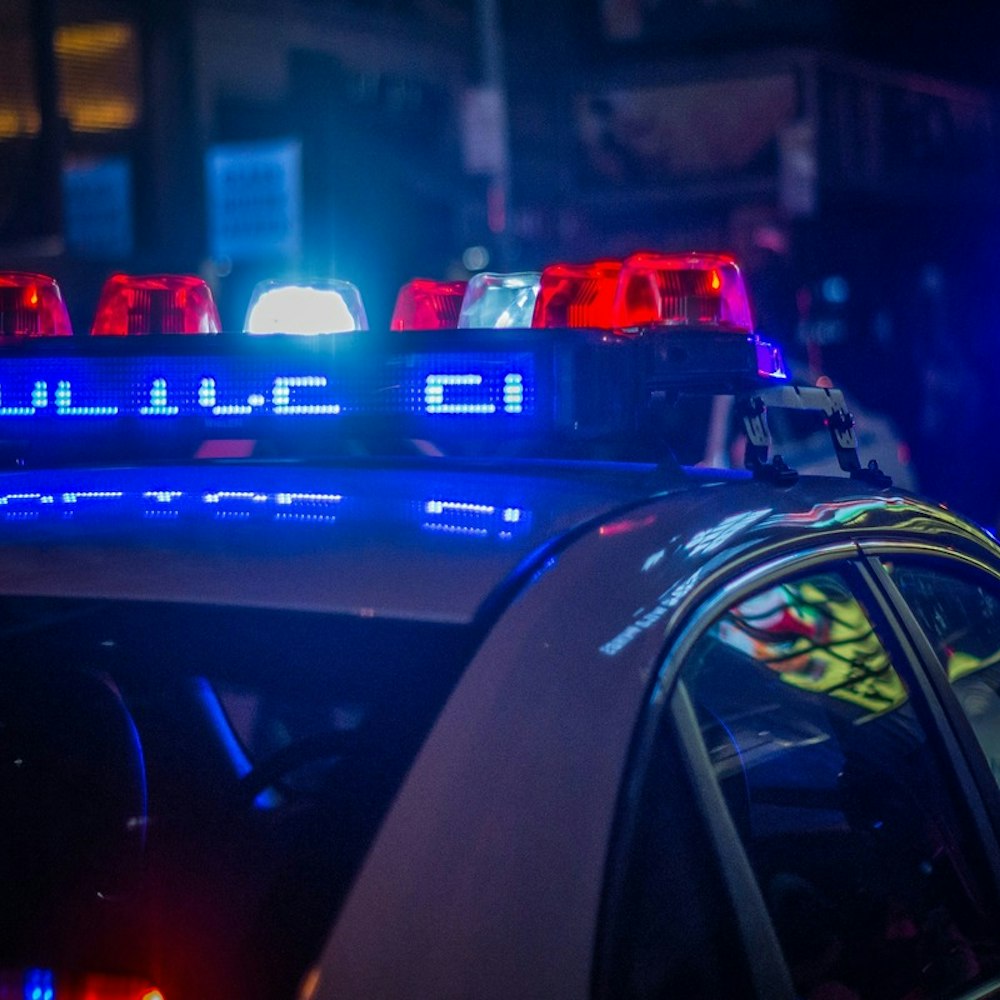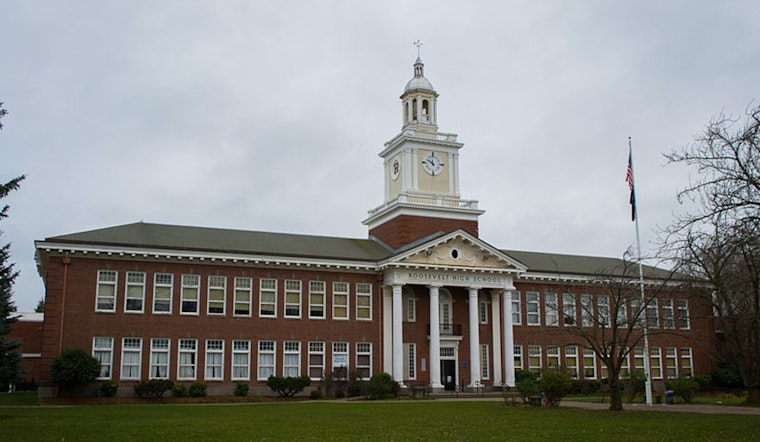
In a bid to combat youth violence, Roosevelt High School has proudly opened the doors to a new Peer Mediation Room, setting a stage for students to resolve conflicts before they escalate. Touted as a safe haven for communication and a strategy to prevent potential aggressive outbursts, the room is the product of a partnership with Multnomah County's Community Adolescent and Health program, and it's the first of its kind within the Portland Public Schools system. Funded by a $15,000 grant from the Department of Justice STOP Violence in Schools program, this initiative is starting to quickly make a difference.
Nicole Mayer, County Student Health Centers Project Manager, emphasized the importance of utilizing County resources to back such projects. "These students were already doing powerful work in their community but needed that extra support to obtain a broader, more impactful reach," Mayer said, as per the Multnomah County. The narrative during the weeklong Youth Violence Prevention celebration was clear - proactive measures are crucial to not only avert potential crises but to also demonstrate the power of peer influence in shaping a more peaceful school environment.
The program's origins trace back to a proposal by Roosevelt's Student Equity Council four years ago. Following the lead, teacher Kiera Asay sought to involve students in creating a platform for peer assistance with disputes. Dr. Richard Bruno, a Health Officer, lauded the project at its recent reveal, saying, “Violence is preventable and peace is possible. Roosevelt's Peer Mediation Room is an example of what a safe environment can look like where conflicts can be resolved peacefully and healthy relationships can thrive and be supported,” according to Multnomah County.
The peer mediation course has certified 27 students as mediators who are readily available throughout the school day with the support of a teacher. "These students lead with their hearts and make such a positive impact in our school community," Asay told Multnomah County News. The curriculum hinges on restorative justice principles and covers a gamut of activities, from de-escalation techniques to role-playing, all aimed to actively instill empathy, active listening, and non-violent communication skills in students.
